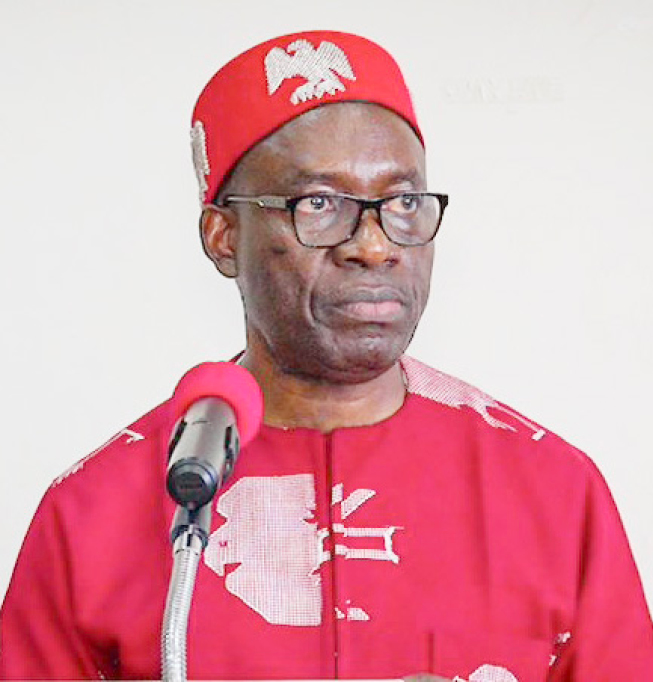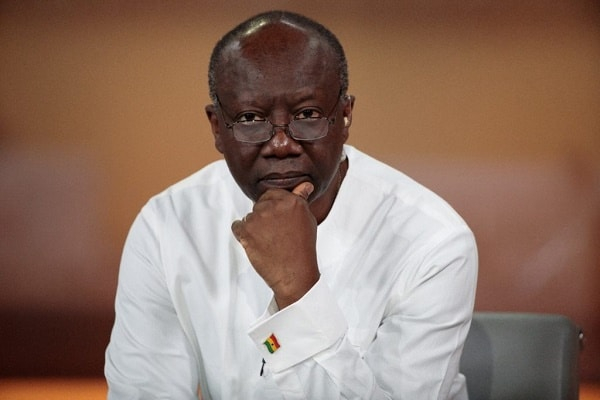Bill Gates Pledges Majority of His Fortune to African Causes

Microsoft co-founder and prominent philanthropist Bill Gates has announced a monumental commitment to channel the majority of his vast fortune towards significantly improving healthcare, education, and fostering economic development across Africa over the next two decades. This landmark pledge was unveiled during a speech at the African Union (AU) headquarters in Addis Ababa, Ethiopia, where Gates, aged 69, underscored his belief in the transformative power of human potential on the continent.
Gates detailed that this substantial financial contribution, stemming from his decision to donate 99% of his wealth—estimated to be around $175 billion as of early June 2025 according to the Bloomberg Billionaires Index—will primarily target challenges faced by African nations. He articulated a vision where enhanced health and educational opportunities would pave the way for prosperity. "By unleashing human potential through health and education, every country in Africa should be on a path to prosperity," Gates stated, addressing African leaders, health experts, and young entrepreneurs.
The Bill & Melinda Gates Foundation, under a new accelerated timetable, is set to spend over $200 billion over the next 20 years and will cease its operations in 2045. This represents a significant scaling up of its activities, as the foundation has already disbursed over $100 billion in global health and development projects. Key priorities for the foundation's remaining lifespan include dramatically reducing preventable maternal and infant deaths, working towards the eradication of infectious diseases such as malaria and measles that impact future generations, and endeavoring to lift millions of people out of extreme poverty.
Gates' renewed commitment to Africa arrives at a critical juncture, as concerns grow over dwindling foreign assistance. Notably, the United States government has made significant cuts to aid for Africa, including vital funding for HIV/AIDS treatment programs under policies like the former US President Donald Trump’s "America First" initiative. This reduction in support has already had tangible negative impacts. For instance, in Kenya, a freeze on USAID funding in January 2025 severely disrupted HIV/AIDS response efforts, particularly in counties like Uasin Gishu. The suspension affected HIV testing, the supply of antiretroviral drugs (ARVs), and digital health systems, leading to increased risks of HIV infection and a rise in unplanned pregnancies due to shortages of essential supplies like condoms and emergency contraceptives. Health officials have warned that such setbacks could jeopardize Kenya's progress toward achieving the global 95-95-95 HIV targets.
In his address, Gates also championed the integration of Artificial Intelligence (AI) into Africa's healthcare systems. He encouraged young innovators to leverage AI, drawing parallels with the continent's successful adoption of mobile banking, which largely bypassed traditional banking infrastructures. "Africa largely skipped traditional banking and now you have a chance, as you build your next-generation healthcare systems, to think about how AI is built into that," he advised. He highlighted Rwanda's use of AI-enabled ultrasound technology to identify high-risk pregnancies as a prime example of how innovation is already enhancing healthcare services on the continent.
The foundation's focus includes strengthening primary healthcare systems, with a particular emphasis on maternal health and nutrition. Gates stressed, "What we've learned is that helping the mother be healthy and have great nutrition before she gets pregnant, while she is pregnant, delivers the strongest results. Ensuring the child receives good nutrition in their first four years as well makes all the difference." Mozambique’s former First Lady, Graça Machel, welcomed Gates’ decision, describing it as timely and underscoring the importance of such philanthropic support during a period of economic and healthcare challenges in Africa.
Bill Gates' philanthropic journey has seen him gradually distance himself from his leadership roles at Microsoft, which he co-founded in 1975. Influenced by fellow philanthropists like Warren Buffett, his charitable vision has guided his foundation for decades. Reflecting his determination to give back to society, Gates has often quoted philanthropist Andrew Carnegie and stated, "People will say a lot of things about me when I die, but I am determined that ‘he died rich’ will not be one of them." While his efforts are widely praised, some critics argue that the Gates Foundation wields considerable influence over global healthcare and potentially benefits from tax advantages.
Despite these criticisms, the renewed pledge signifies a deepening of Gates' commitment to global development, with Africa as a central beneficiary. The substantial resources are aimed at creating lasting positive change, empowering communities, and fostering a healthier, more prosperous future for the continent before the Gates Foundation concludes its operations in 2045.










